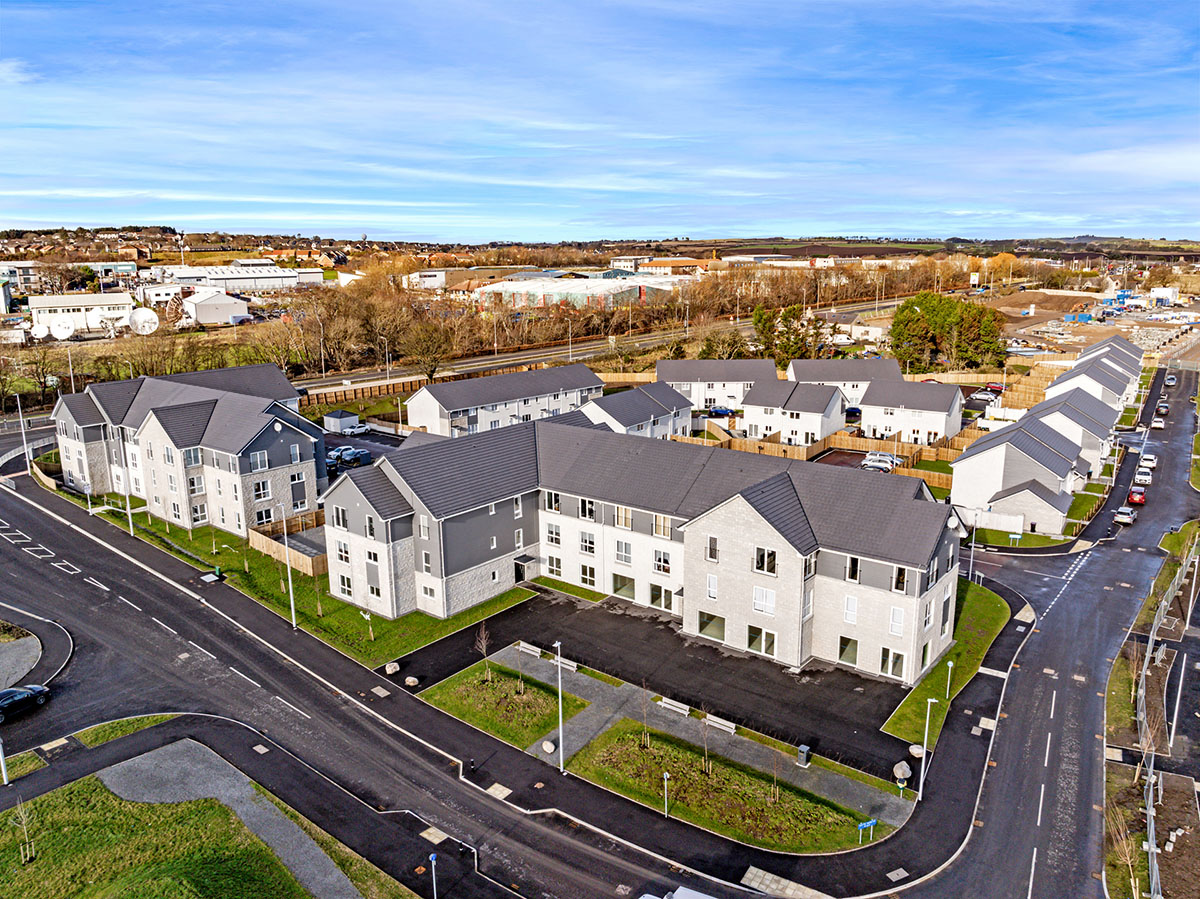
Timber frame construction is revolutionising the building industry across various sectors including private housing, commercial developments, and affordable homes. Timber frame technology stands out not only for its sustainability but significantly for its speed of construction which brings a host of financial and regulatory advantages.
Unmatched Speed on Site
Timber frame buildings are pre-engineered offsite in a controlled factory setting, which translates to a markedly reduced assembly time on the construction site. For developers, this means projects can move from groundbreaking to weather-tight stages in as little as one to two weeks, depending on the size and complexity of the building. This is a game-changer compared to traditional brick and block construction methods, which can take considerably longer under similar conditions.
Cost Efficiency Through Streamlined Processes
The speed of erecting a timber frame building directly impacts the overall cost of construction projects. Faster build times reduce labour costs and minimise the duration of on-site equipment rentals. Additionally, the offsite manufacturing process diminishes on-site waste and associated disposal costs, further driving down expenses. For housing developers and commercial clients alike, these savings make timber frame an attractive option, especially in a market where budget and time constraints are increasingly critical.
Safety and Compliance Benefits
With the bulk of construction happening in a factory, timber frame construction significantly reduces the health and safety risks typically associated with building sites. Fewer workers on-site for less time equals a lower risk of accidents, which is an essential factor for project managers to consider. Moreover, the precision of factory-engineered components ensures that each element of the timber frame meets stringent quality standards, aiding compliance with the latest building regulations, including Part L, which focuses on thermal performance and energy efficiency.
Timber frame structures inherently have excellent thermal properties due to the natural insulation characteristics of wood, which can be enhanced further to meet and exceed the stringent U-values required under new Part L regulations. This is crucial in England, where meeting these energy efficiency standards is not just a compliance issue but also a significant factor in the long-term sustainability and operational cost of buildings.
A Partner in Construction
At Deeside Timberframe, we do more than just supply materials; we partner with developers, architects, and project managers to ensure that every aspect of the timber frame construction process is seamless. Our team offers in-depth expertise in navigating the complexities of modern building standards and environmental regulations, making us a trusted advisor in the industry.
As the construction landscape continues to evolve, particularly with the push towards achieving net-zero targets, the role of timber frame construction becomes ever more critical. It offers a path to faster, safer, and more cost-effective building without sacrificing quality or compliance.
For those in the commercial, private, and affordable housing sectors, embracing timber frame construction is not just a strategic decision for current projects but a forward-thinking move towards future-proofing your developments.
Our team of timber frame specialists is equipped to provide comprehensive support for your project, from initial design to on-site construction, ensuring efficiency and quality every step of the way. Email info@deesidetimberframe.com or call 01569 767 123 to discuss how we can meet the unique needs of your next project.